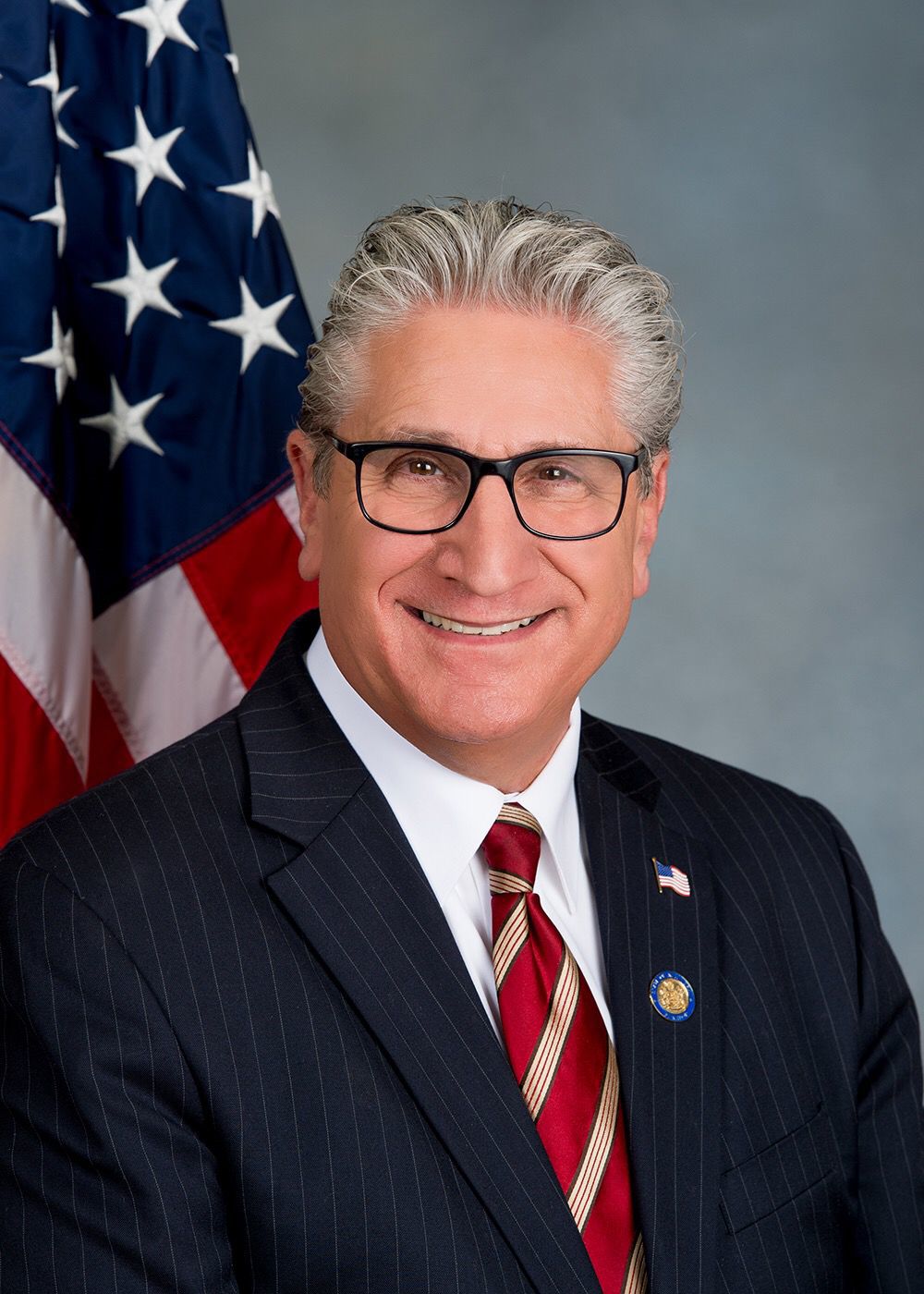Business
New York Residents Face Rising Energy Costs and Legislative Response

Residents of New York are bracing for significant increases in their energy bills as National Grid announces an average rise of $22 per month for electric and gas services. This increase translates to an additional $264 over the next year for households, with projections indicating that bills could escalate by another $50 monthly—resulting in a total annual increase of $600—within three years. These hikes stem from a plan approved in August by the New York State Public Service Commission (PSC), which has raised concerns about accountability and representation.
The rise in energy costs comes at a time when New Yorkers already face the sixth highest energy rates in the nation. The situation worsened in June when National Grid disconnected power to 11,500 customers in Upstate New York due to unpaid bills. With the impending rate increases, many residents fear that even more customers will struggle to keep their power on, leading to further disconnections and financial strain.
In response to these developments, Senator Jim Tedisco (R,C-Ballston Lake) is advocating for the bipartisan Ratepayer Protection Act (S.1414). This legislation aims to ensure that any changes to utility rates receive final approval from elected representatives in the New York State Legislature, rather than being solely determined by the PSC, which is comprised of appointed officials.
Legislative Action and Community Impact
Senator Tedisco emphasizes that the proposed legislation is crucial for ensuring that the voices of constituents are heard in decisions that impact their financial well-being. “The buck should stop with the people’s elected representatives when it comes to these important fiscal matters,” he stated, highlighting the need for accountability in energy pricing. The Ratepayer Protection Act, which has garnered support from both Democratic and Republican lawmakers, seeks to bring greater oversight to utility rate changes, allowing for public input on costs that directly affect households, seniors, retirees, and vulnerable populations.
The senator argues that without such measures, New Yorkers are subject to the decisions of non-elected bureaucrats who lack direct accountability to the public. He asserts that it is essential for the legislature to have the final say on utility rate adjustments, similar to how they handle other significant economic issues such as tax caps and rent control.
The PSC will continue to provide analysis and recommendations regarding rate changes, but Senator Tedisco insists that the ultimate authority should reside with elected officials who can be held accountable by their constituents. He believes that this is a matter of ensuring fair representation in economic policies that affect daily life.
As the leaves change and temperatures drop, New Yorkers are left grappling with the reality of increased energy costs and the implications for their household budgets. The Ratepayer Protection Act represents an effort to restore some measure of control to the public in the face of rising utility expenses, signaling a call for greater transparency and representation in crucial financial matters.
In summary, as National Grid customers prepare for heightened bills, the push for legislative reform underscores the ongoing debate about representation and accountability in utility pricing decisions. With energy costs on the rise, the outcome of the proposed legislation may have lasting implications for the financial health of many New Yorkers.
-

 Lifestyle3 months ago
Lifestyle3 months agoLibraries Challenge Rising E-Book Costs Amid Growing Demand
-

 Sports3 months ago
Sports3 months agoTyreek Hill Responds to Tua Tagovailoa’s Comments on Team Dynamics
-

 Sports3 months ago
Sports3 months agoLiverpool Secures Agreement to Sign Young Striker Will Wright
-

 Lifestyle3 months ago
Lifestyle3 months agoSave Your Split Tomatoes: Expert Tips for Gardeners
-

 Lifestyle3 months ago
Lifestyle3 months agoPrincess Beatrice’s Daughter Athena Joins Siblings at London Parade
-

 World3 months ago
World3 months agoWinter Storms Lash New South Wales with Snow, Flood Risks
-

 Science3 months ago
Science3 months agoTrump Administration Moves to Repeal Key Climate Regulation
-

 Science2 months ago
Science2 months agoSan Francisco Hosts Unique Contest to Identify “Performative Males”
-

 Business3 months ago
Business3 months agoSoFi Technologies Shares Slip 2% Following Insider Stock Sale
-

 Science3 months ago
Science3 months agoNew Tool Reveals Link Between Horse Coat Condition and Parasites
-

 Sports3 months ago
Sports3 months agoElon Musk Sculpture Travels From Utah to Yosemite National Park
-

 Science3 months ago
Science3 months agoNew Study Confirms Humans Transported Stonehenge Bluestones









